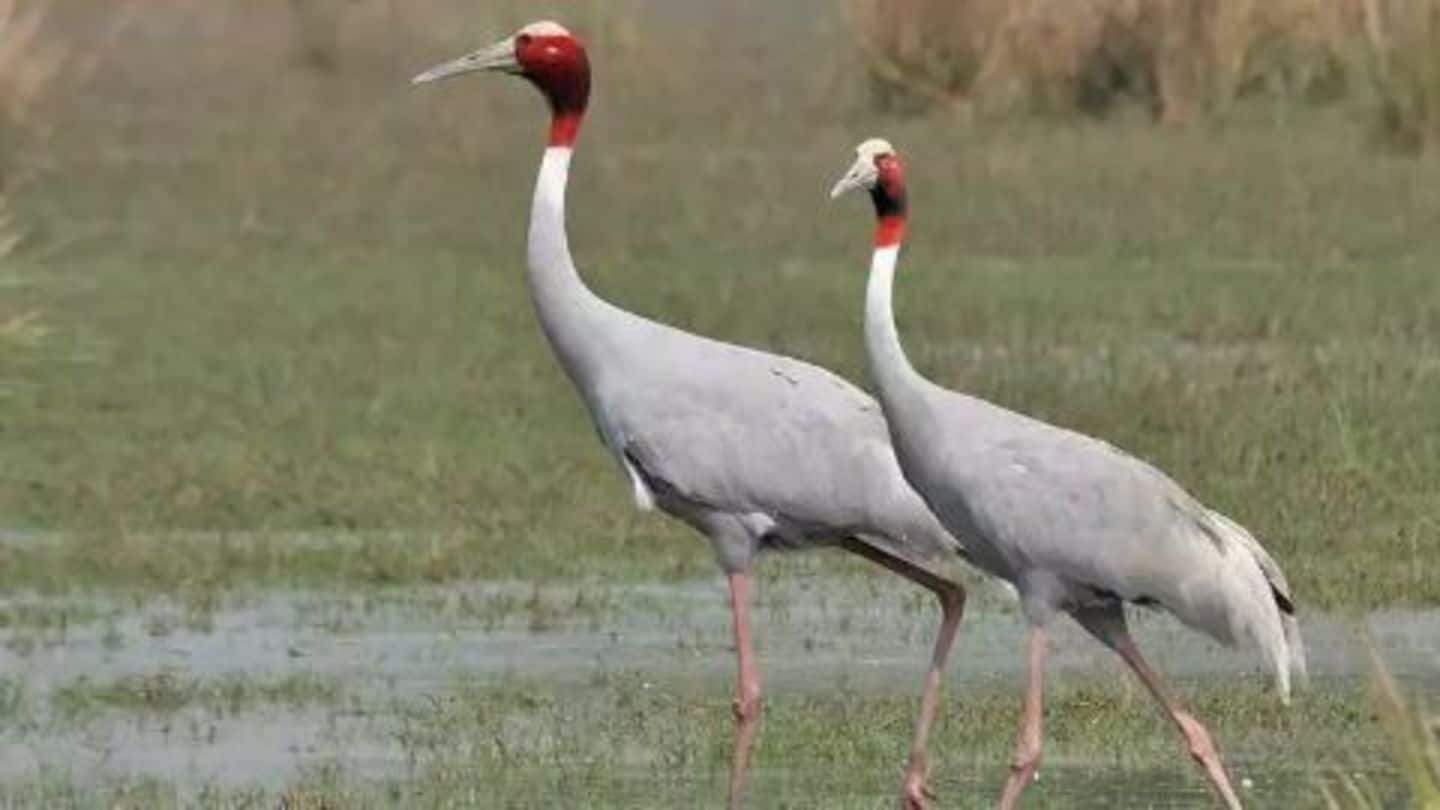
Environmentalists criticize the Draft Wetland Rules 2016
What's the story
Environment activists have come down heavily on the newly released Draft Wetland (Conservation and Management) Rules, 2016 as it fails to provide for activities prohibited in the eco-sensitive areas.
The rules which replace Wetland (Conservation and Management) Rules, 2010 also do not provide for a national regulator for wetlands.
The rules, released by the Union Environment Ministry, invites comments up to 6 June 2016.
Wetlands
What are wetlands?
Wetland refers to an area of marsh, peatland or water, natural or artificial, permanent or temporary, with water that is static or flowing, fresh, brackish or salt and all inland and coastal waters.
Examples of the wetland include lakes, reservoirs, tanks, backwaters, lagoons, creeks, estuaries and man-made wetlands.
The river channels and paddy fields, however, have not been included in the definition of wetland.
Information
Wetlands have huge social, cultural and ecological value
Wetlands are unique ecosystems that are a lifeline to environment and society. They provide water supply, act as water purifiers and buffer in case of floods, droughts, cyclones, recharge groundwater, control erosion, provide habitat for wildlife, etc.
2010
Wetland conservation rules 2010
The UPA government had released the Wetland (Conservation and Management) Rules 2010 which provided a legal framework for the protection of wetlands.
The rules were first of its kind and clearly prohibited various kinds of activities such as solid dumping, storage of hazardous material, setting up industries, discharge of effluents, etc.
However, the rules were not properly implemented by the states.
Changes
Changes in 2016 rules over 2010 rules
The 2016 rules, aims to decentralise wetland conservation by asking states to form state wetland authority for "wetland conservation, regulation, and management".
Unlike 2010 rules, 2016 rules don't specifically lists the forbidden activities but leave space for ambiguity by prohibiting activities "likely to have an adverse impact on ecological character of the wetland".
High altitude wetlands also don't find specific mention in 2016 rules.
Personal
Ramsar sites in India
The Ramsar Convention 1971 is the international treaty that promotes conservation of wetlands in the world. 25 wetlands in India such as Chilka lake (Odisha), Ashtamudi Lagoon (Kerala), Wular Lake (J&K), etc. have been identified as Ramsar sites.
Concerns
Activists question the 2016 rules
Environmentalists slammed the decentralisation and called it "merely outsourcing the job to the state government".
"The draft rules are a clear attempt of diluting environment rules", said Rahul Chaudhry, an environmental lawyer.
Activists claim that since wetlands are perceived to be coming in the way of development and industrial expansion, rules have been left ambiguous to overcome the environmental hurdles posed by them.